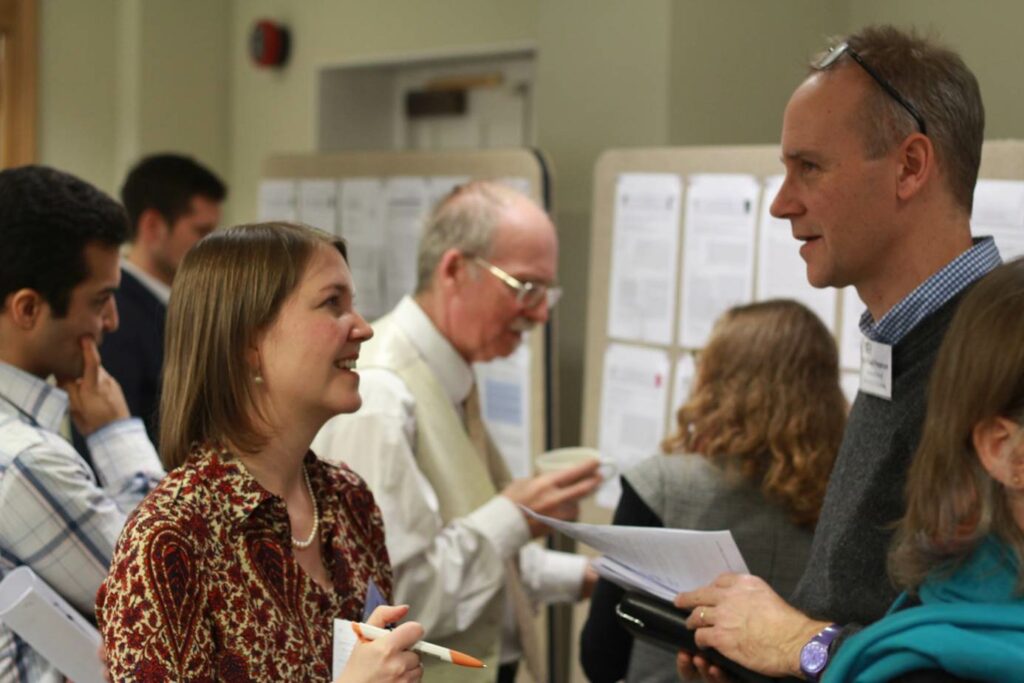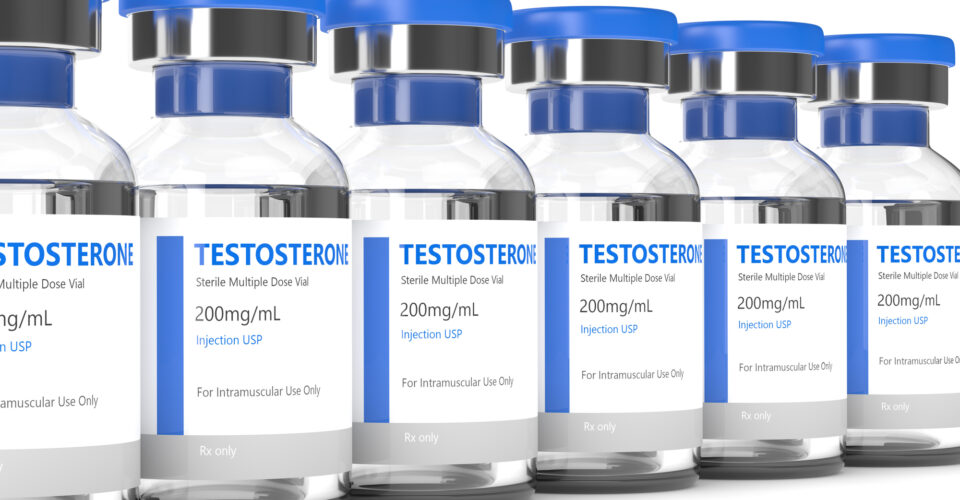Sustainable solutions for healthy people and places
We are part of the Institute of Metabolic Sciences and School of Clinical Medicine at the University of Cambridge.
Our mission is to inform, develop and evaluate approaches to promote health and wellbeing through the joint strategies of precision prevention and population health improvement.
MRC Epidemiology Unit Seminar series
Find a list of upcoming seminars and recordings of previous ones. Receive emails about future seminars and other alerts: subscribe here.

Become a study volunteer
We are involved in many studies into obesity, type 2 diabetes and related metabolic disorders. But you don’t need to have one of these conditions to help us with our research. We are constantly looking for volunteers to enroll in our studies and help us improve our knowledge of how to treat and prevent these diseases.

Data sharing
We are committed to sharing data to maximise the value of our work for the public good. Our Data Sharing pages have details of the principles and processes for accessing and sharing data.

Work and study
We offer a range of opportunities for scientists, research support staff and management professionals. Whether you are a recent graduate or a senior researcher, we want to attract the brightest minds and invest in their futures through structured career development and on-the-job learning.

Making an Impact
We are building research, clinical and public health pathways for the application of our work. This means collaborating across sectors, developing new approaches for healthcare, and informing population approaches to disease prevention and public health promotion.

 MRC Epidemiology Unit
MRC Epidemiology Unit

